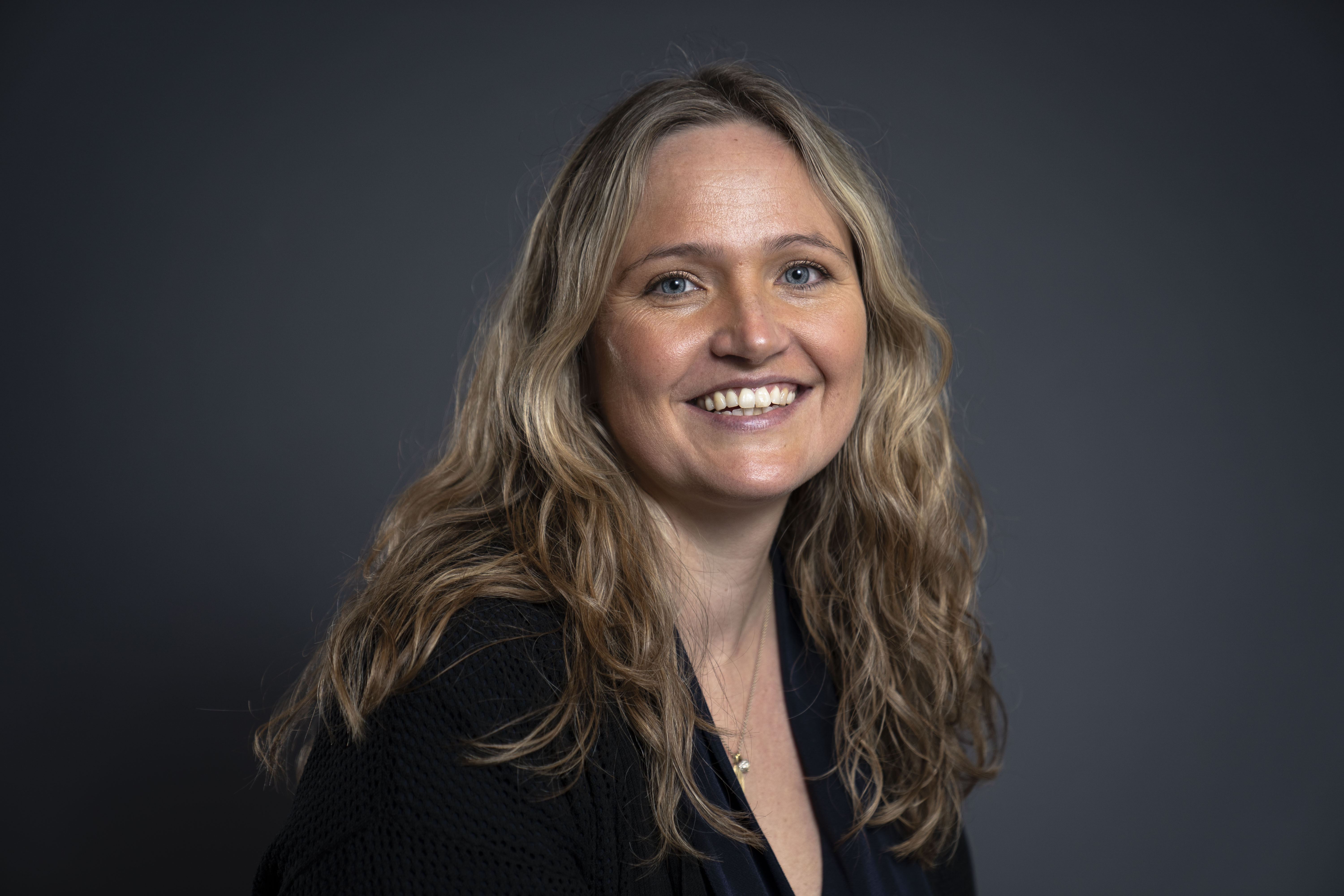Carina Risvig Hamer
Research leader

Project title
Safeguarding competition and equal access to Central Purchasing Bodies’ agreements
What is your project about?
In Denmark, the public sector purchases for approx. DKK 380 billion a year, and there is an increasing tendency for many of these purchases to take place via central purchasing bodies (CPBs). This research project is precisely about public procurement made through central purchasing bodies, and how the rules for such purchases can be clarified in order to ensure legal certainty, and ensure public funds are spend in the best possible way. The research project will analyze the legal framework for how agreements are best established by CPBs. The project focuses on how to ensure equal treatment of undertakings, sufficient competition for the contract and how to establish flexible agreements which are easy to use for the users. The project also examines undertakings opportunities to cooperate without violating the competition rules. The project will help to clarify the rules for the award of contracts via central purchasing bodies and look at new ways of conducting competitive procurement that can help create better public purchasing.
How did you become interested in your particular field of research?
My first job after graduating my Master in Laws in 2006 was at the Danish Competition and Consumer Authority. My area of work was public procurement law - an interesting area where one must keep in mind that the rules both ensure equal treatment of undertaking, transparency in the procurement procedure and competition for the contract. As a research discipline, public procurement law places itself both in EU law and in (Danish) administrative law. Precisely the fact that public procurement law is both national law and EU law makes the area interesting and challenging for me.
What are the scientific challenges and perspectives in your project?
In the project, we are working to analyse the public procurement rules and competition law rules from three perspectives: 1) from the CPBs perspective, 2) from the undertakings and, 3) from the contracting authorities that use the CPB’s agreements. The biggest challenge in the project will be to ensure that our analyzes and recommendations across the three perspectives can work together.
What is your estimate of the impact, which your project may have to society in the long term?
The project will help to clarify the rules for the award of contracts via central purchasing bodies and look at new ways of conducting competitive procurement that can help create better public purchasing. The project will increase competition for public contracts, and ultimately ensure that the many billions spent on public procurement are administered in the best possible way.
Which impact do you expect the Sapere Aude programme will have on your career as a researcher?
The Sapere Aude grant is a great recognition - both personally but also for legal research on public contracts. The grant gives me the opportunity to establish a research group within my field, and carry out an exciting and important research project together with a number of leading international researchers. As part of the project, I will be responsible for several younger researchers who are at the beginning of their research careers. Sapere Aude thus gives me both the opportunity to put my research area on the agenda and that I can contribute to the development of new talents in this field.
Background and personal life
I live on Islands brygge with my husband Michael and our three children Astrid at 7 years old, Storm at 4 years old and Sophie at 2 years old. Weekends are spent in our Summerhouse in Veddinge Bakker. The whole family loves to travel - and the kids are already looking forward to taking part in my research stay in Turin as part of my research project.
View all research leaders here
Research institution
University of Copenhagen, Faculty of Law, Centre for Information and Innovation Law (CIIR)
Research field
Public procurement law
City of your current residence
Copenhagen
High school
Alssundgymnasiet Sønderborg
